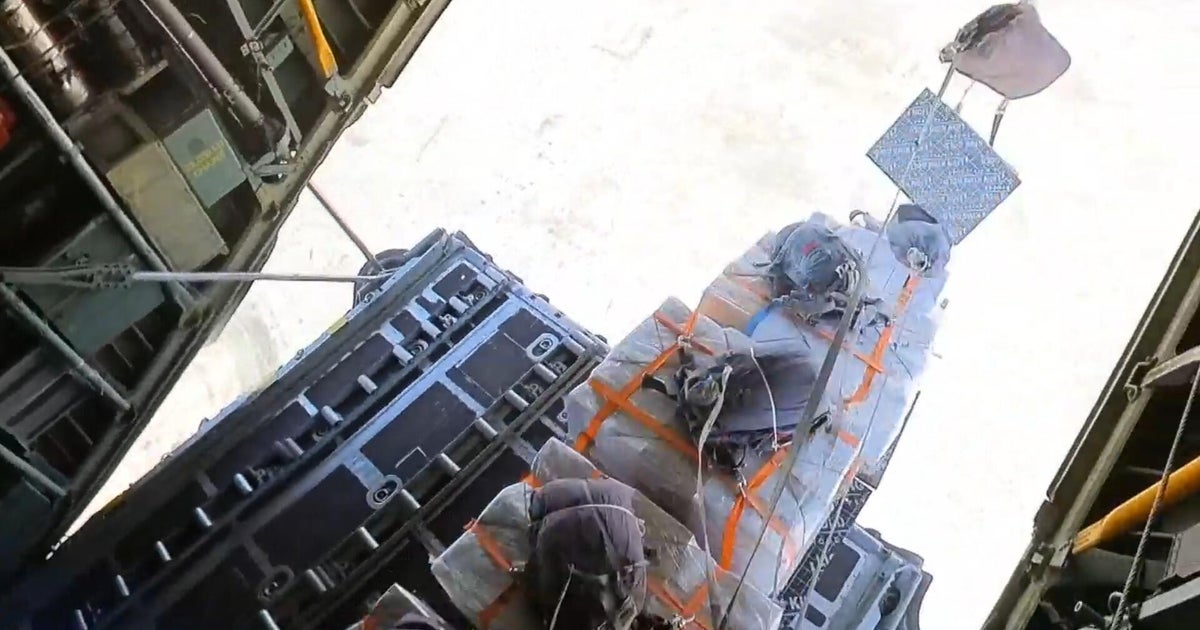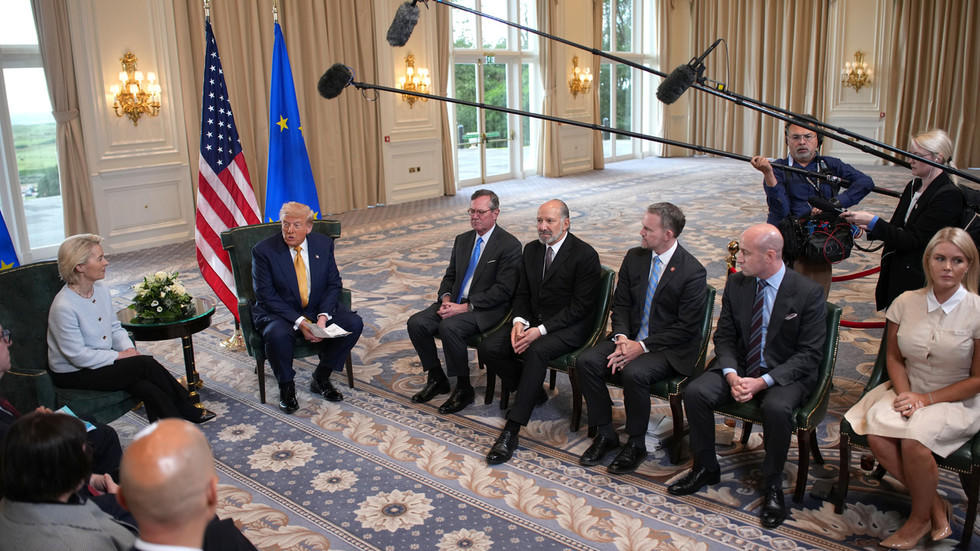A ceasefire agreed on Monday between Thailand and Cambodia was met with cautious optimism after five days of fighting over disputed borders that killed at least 35 soldiers and civilians and displaced around 200,000 people on both sides.
The leaders of Thailand and Cambodia shook hands on the "immediate and unconditional" truce on Monday, which took effect at midnight after a mediation meeting in Malaysia — the current chair of the Association of Southeast Asian Nations (ASEAN), of which both countries are members.
Malaysian Prime Minister Anwar Ibrahim called the ceasefire deal "a vital first step toward de-escalation and the restoration of peace and security" at a press conference announcing the truce.
However, just hours after the ceasefire came into effect, the Thai army reported violations by Cambodian forces in multiple areas — claims that were dismissed by Cambodia's Defense Ministry, which said the truce was holding.
Thailand, Cambodia agree to ceasefire
While sporadic small-arms fire may persist, Zachary Abuza, a professor at the National War College in Washington, said the ceasefire may largely hold, as both sides have achieved most of their objectives.
Weakening the Thaksin political dynasty
"On the Thai side, the military and royalist elites used the conflict adroitly to politically weaken the Thaksins," Abuza said, referring to former Thai Prime Minister Thaksin Shinawatra and his daughter Paetongtarn.
Paetongtarn Shinawatra — the third member of her family to serve as prime minister, after her aunt Yingluck — was recently suspended by Thailand's Constitutional Court pending a probe into a leaked phone call with Cambodian Senate President Hun Sen last month, aimed at easing border tensions.
During the leaked call, Paetongtarn appeared to criticize an outspoken Thai army commander — considered a red line in a country where the military has significant clout.
The Thaksin family has long had a thorny relationship with Thailand's powerful military, which has deposed two Thaksin family administrations since 2006.
Strengthening the Hun family dynasty
Abuza pointed out that in Cambodia, the clashes helped further cement the rule of the Hun family, namely former Prime Minister Hun Sen and his eldest son Hun Manet, who succeeded his father in 2023.
"Hun Sen and Hun Manet rallied the nation, demonstrated Manet's leadership, and took away an avenue of attack for the largely exiled political opposition," Abuza said. "Continued fighting serves neither side politically."
Who will monitor the ceasefire?
Matthew Wheeler, a senior analyst for the International Crisis Group in Bangkok, said Monday's truce could take hold — as long as both sides "recognize their interests are better served by a ceasefire than further fighting."
He said the deal could hit some snags over the details, though, including how exactly to monitor the ceasefire, which has yet to be worked out in full.
Malaysia, as ASEAN chair, has offered to coordinate a monitoring team. But Wheeler says neither side is keen to host monitors from other countries.
"There was a plan to introduce Indonesian observers under ASEAN auspices after fighting in 2011, but it never happened," he said. Even so, he added, "both militaries have in the past demonstrated a capacity to de-escalate after earlier rounds of fighting."
Both sides want to appear strong in Thai-Cambodian conflict
Until this month's clashes, the Thai-Cambodian border had remained largely peaceful since 2011, when Thai and Cambodian soldiers exchanged fire over a century-old dispute based on territorial claims surrounding the Preah Vihear Temple.
"The agreement mentions that Malaysia is ready for a monitoring role, but it does not actually state that Malaysia or any other country will be a monitor," noted Paul Chambers, a visiting fellow at Singapore's ISEAS-Yusof Ishak Institute and regional security analyst. "With no monitoring by a third party, it is difficult for any arranged ceasefire to be adequately enforced."
How did Trump help end the flare-up?
Even so, the analysts say US President Donald Trump deserves some credit for getting Cambodia and Thailand at least this far.
Over the weekend, Trump threatened to delay trade talks with both countries over US tariffs unless they agreed to stop fighting, and followed up with phone calls to both their leaders.
The United States is the largest export market for both Cambodia and Thailand, which are facing tariff rates of 36% unless they can talk Washington down by Friday.
Wheeler says Trump's tariff threats may have especially spurred on Thailand, which had previously turned its back on Malaysia's solo offer to mediate talks with Cambodia.
"The current government has struggled to revive Thailand's economy, and its popularity has been sinking, so it needed to give itself every opportunity to avoid the US tariffs," he said.
Trump's threats likely factored into both countries' decisions, agreed Harrison Cheng, a director at Control Risks, a Singapore-based consulting firm.
"However, they are also likely to have doubts about the extent to which the US would be invested in the border dispute and the implementation of the ceasefire, whereas Malaysia — being in the same geographical region — would be better placed to continue playing a mediating role," he said.
Edited by: Keith Walker

 12 hours ago
3
12 hours ago
3









